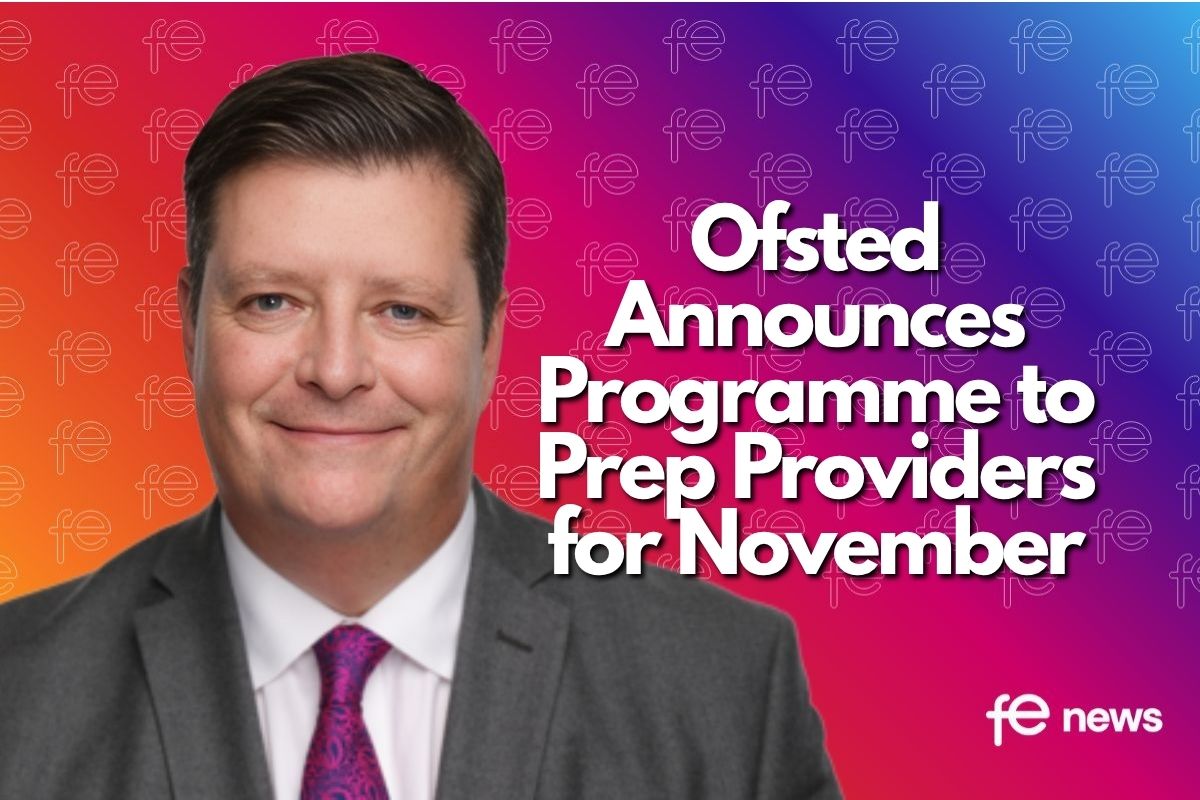Funding for adult learning risks overlooking nine million adults without basic literacy or numeracy skills, briefing warns

Nine million adults in England lack essential literacy or numeracy skills and will continue to lose out without increased and targeted investment, a new briefing warns.
Essential skills, including literacy and numeracy, are increasingly crucial for life, work and
economic growth. However, the number of adults improving these skills in England has
reduced by more than 60% over the past decade as Government investment in skills is set
to be £1 billion less in 2025 compared to 2010. As a result, on current trends, it would take
over 20 years for every adult to get the help they need.
A new analysis from the Learning and Work Institute (L&W) reveals stark disparities in the number
of adults lacking essential skills across England, with pockets of high need in every region.
The proportion of adults lacking functional literacy or numeracy varies from 15% in Didsbury
West, Manchester, to 39% in Heslington, York.
L&W has conducted an England-wide modelling exercise of adults aged 16 to 64 – thought
to be the first of its kind. In doing so, it has identified disparities in essential skills levels
within local areas which far exceed those between local and combined authorities across the
country.
An area of lower overall need can therefore mask pockets of high need. London has the third
lowest percentage of people with essential skills needs among the combined authorities; it is
also home to 10 of the 20 wards with the highest essential skills needs. The reverse is the
the case for Greater Manchester Combined Authority, which has the third-highest percentage of
essential skills needed amongst the combined authorities but includes 6 of the 20 wards in
England with the lowest percentage of essential skills needs nationally.
Similarly, while just two percentage points separate essential skills needs between Tees
Valley (25%) and the West of England (23%), the regions with the highest and lowest needs
in England, a gap of 16 percentage points separates York (23%) from its Heslington ward
(39%).
According to L&W, the data show the need for an increased focus on and investment in
essential skills as part of a national lifelong learning strategy, coupled with a laser-like local
focus on targeting provision where it’s most needed. L&W argues the Government should
aim for 90% of adults to have the essential skills they need for life and work by 2035, up
from 75% today, with increased investment and local targeting of support.
Alex Stevenson, Head of Essential and Life Skills at L&W, said:
“Adult participation in essential skills learning has declined by over 60% in the past decade,
alongside huge cuts to adult skills budgets. Ultimately, greater focus at the national level,
including increased investment, is needed to reverse these trends. Alongside this,
understanding where need is greatest can help learning providers and local policy makers
target resources such as Adult Education Budget and Multiply provision effectively, to ensure
that those who stand to benefit most get the support they need. L&W welcomes the
opportunity to work with local commissioners on these issues, including through our Multiply
Effective Practice Network.”











Responses